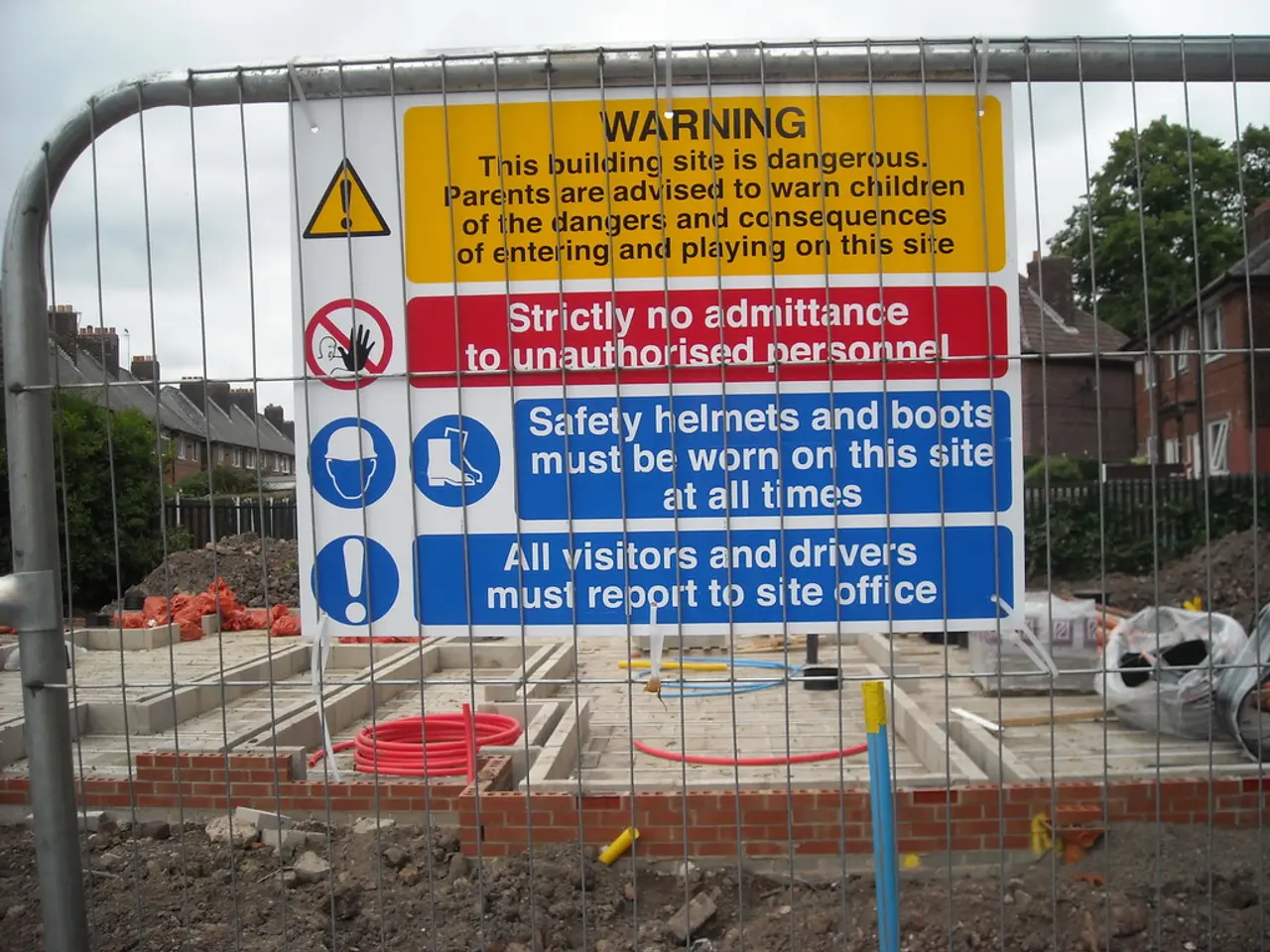Intense food scarcity officially recognized in Gaza
The Gaza Strip is currently grappling with an impending famine, according to authoritative bodies like the Integrated Food Security Phase Classification (IPC). Despite no formal declaration of famine, the IPC has issued alerts, indicating widespread starvation, malnutrition, and hunger-related deaths reaching famine thresholds.
The IPC's rigorous criteria have confirmed that the Gaza Strip meets or exceeds these thresholds. Over 20% of households face extreme food shortages, more than 30% of children are acutely malnourished, and starvation-related mortality rates have risen sharply. At least 147 deaths from hunger-related causes have been reported since the conflict intensified, including many children.
However, no official famine declaration has been made, partly due to the difficulty in obtaining comprehensive data and the high bar set for such declarations. The international community has responded with humanitarian pressure, leading to measures such as Israel announcing daily humanitarian pauses in fighting and limited aid airdrops.
Unfortunately, United Nations agencies and Palestinian officials report that aid delivery remains insufficient and access severely constrained, leaving the humanitarian crisis largely unmitigated on the ground. Humanitarian workers emphasize that while a formal famine declaration is significant for awareness, it does not compel legal obligations, and humanitarian action must proceed urgently regardless of the label.
The consensus among experts is that immediate cessation of hostilities and unimpeded large-scale humanitarian aid are essential to prevent further catastrophic loss of life. The IPC's assessment process involves local data collection, standardized IPC models, and analysis by national IPC working groups, consisting of government representatives, UN agencies, NGOs, and scientists.
According to IPC data, currently in the Gaza Strip, 39 percent of residents must sometimes go without a single meal for several days. Over half a million people, almost a quarter of the population, are already experiencing "famine-like conditions." If independent data collection is limited, a famine can still be declared with reasonable evidence.
In the past 15 years, the IPC has confirmed four famines: in 2011 in Somalia, in 2017 and 2020 in South Sudan, and most recently in 2024 in Sudan. An official declaration of a famine can have a psychological effect, releasing more funds for support, and can serve as a basis for steps by the International Court of Justice, the UN Security Council, or individual states - for example, for sanctions or political pressure.
Israel has previously criticized the IPC's assessments, stating that there is no famine in the Gaza Strip, despite warnings of an impending famine. Israel has limited aid deliveries to the Gaza Strip since March, worsening the humanitarian situation. Israel recently allowed larger aid deliveries by land and airdrops into the Gaza Strip following increasing international criticism of the dire supply situation.
The IPC experts have warned that at least parts of the Gaza Strip already meet the first two criteria for phase five - extreme food shortages and acute malnutrition. If a country might have reached phase five, the Famine Review Committee reviews the data for technical accuracy and neutrality of the analysis before the results are confirmed and communicated. The Famine Review Committee has stated that without swift and coordinated action, a famine is inevitable in the Gaza Strip.
In conclusion, the situation in the Gaza Strip is critical, and urgent action is needed to prevent a full-blown famine. The international community must work together to ensure unimpeded access to humanitarian aid and a cessation of hostilities to save lives and alleviate the suffering of the people in the Gaza Strip.
Politics surrounding the Gaza Strip's humanitarian crisis are shaping as the international community debates what to call the escalating food shortages and malnutrition. The General News media is reporting that while the Integrated Food Security Phase Classification (IPC) has not officially declared a famine, their data indicates that the Gaza Strip already meets famine thresholds with 39% of residents going without meals for several days, and over half a million people experiencing famine-like conditions.





